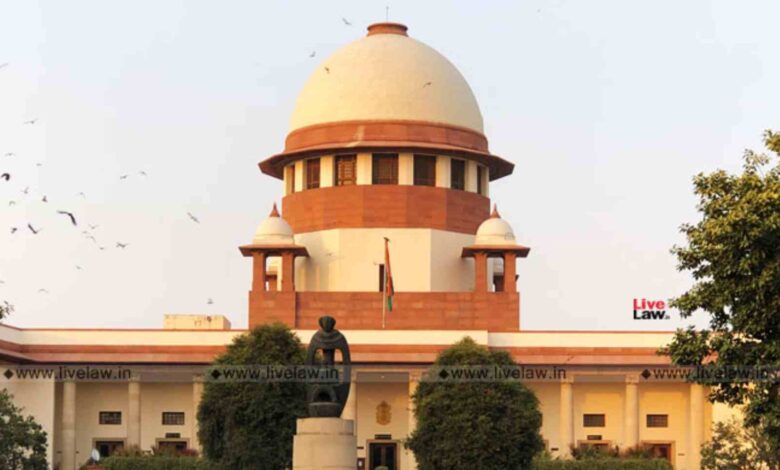Riots bail case: Issue of reading down of UAPA can have pan-India ramifications, says SC
The Supreme Court made these observations while hearing the special leave petitions filed by the Delhi Police against the bail granted by the Delhi High Court to the Pinjra Tod activists and students Devangana Kalita, Natasha Narwal, and Asif Iqbal Tanha.

New Delhi: Reading down of anti-terror law is an important issue and may have pan-India ramifications, the Supreme Court observed on Friday as it sought responses from three student activists granted bail by the Delhi High Court in the northeast Delhi riots conspiracy case.
The top court, however, upheld the Delhi High Court verdict granting bail to them and said that “it will not be treated as a precedent and not relied upon by the parties before any court.’’
A vacation bench of Justices Hemant Gupta and V Ramasubramanian made it clear that the bails granted to these student activists – Natasha Narwal, Devangana Kalita and Jamia student Asif Iqbal Tanha – will not be affected for the time being.
The bench also took note of Solicitor General Tushar Mehta’s submission that the entire anti-terror law, UAPA, has been turned upside down by the Delhi High Court while granting bail to these activists. The bench said what is troubling was that 100 pages of the verdict have been rendered while granting bail and the judgement discussed the entire law.
While refusing to stay the high court verdicts granting bail to the three accused, the bench said that these judgements will not be treated as precedent by any party before any court.





